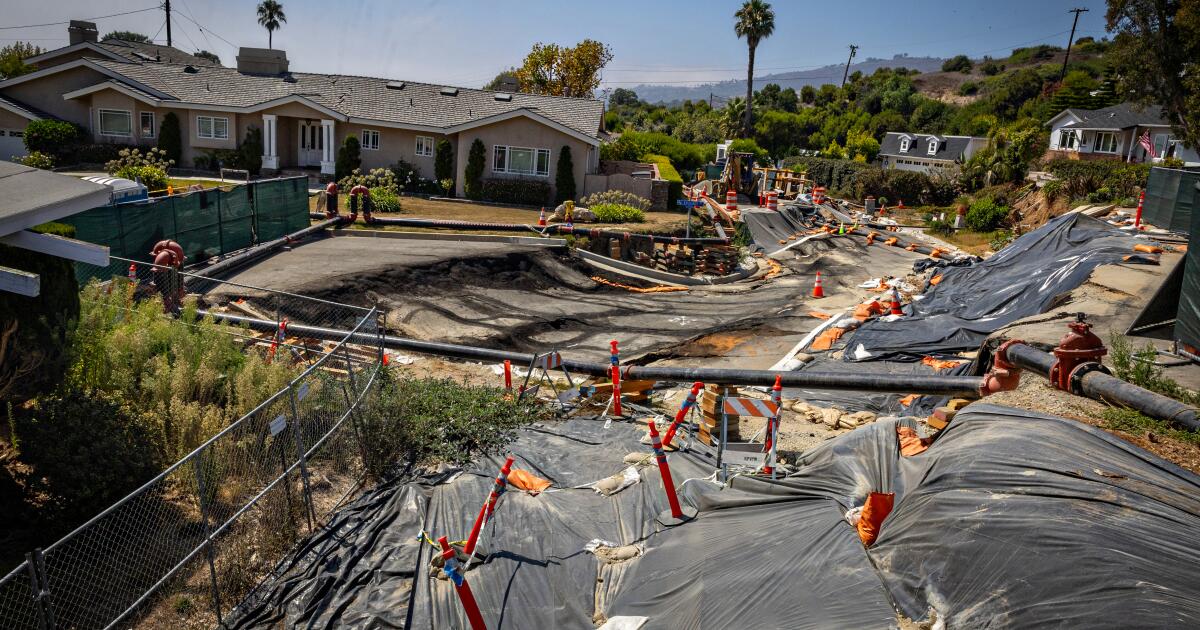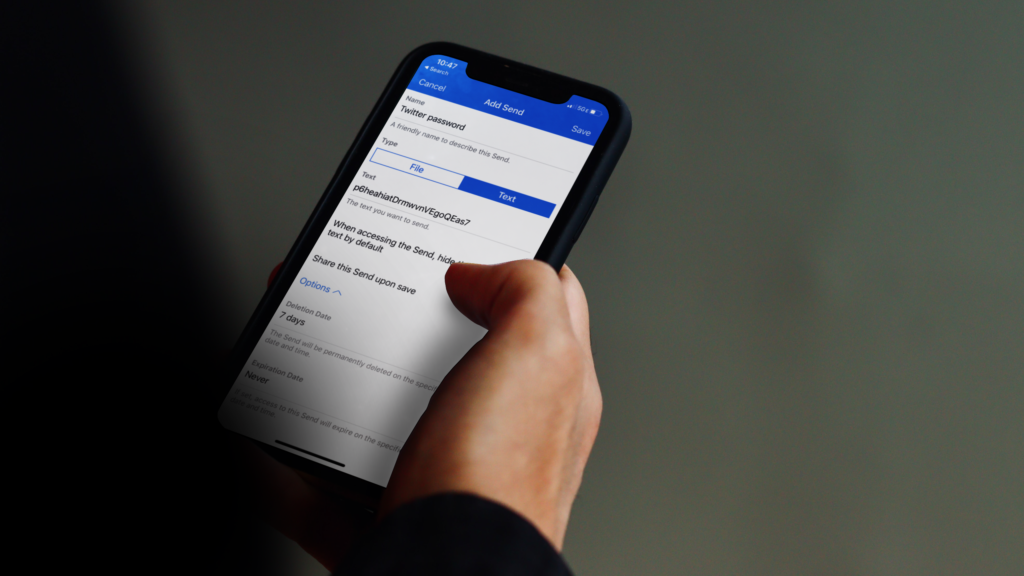In an age where nearly every potential customer is connected and online, an organization’s website often functions as the first point of contact. This is also the age when many employees conduct work activities through a website interface. These factors mean that the website is extremely important to an organization’s success, regardless of the industry. In such an operating environment, a website must reliably and seamlessly provide every visitor with a memorable and functional experience.
To ensure that the user experience on their website is predictable, consistent, and reliable, organizations often hire specialists known as site reliability engineers. These individuals have experience and expertise in both the front-end aspects of website design and user experience and in back-end support functions such as cloud computing, database management, and artificial intelligence.
Key Considerations When Hiring a Site Reliability Engineer
Hiring the best site reliability engineer can be easier than you think. Key considerations include setting the right salary, identifying personality traits and skills needed, clarifying job duties and responsibilities, specifying desired skills and experience, preparing effective interview questions, and writing a job advertisement.
For example, the role of a site reliability engineer revolves primarily around writing and developing code to automate processes such as log analysis, testing production environments, and responding to any issues that may arise. The site reliability engineer is a software developer with experience and knowledge in IT operations. Because coding is such a big part of this role, programming skills are vital. This also means that many positions will require people with significant experience. Hands-on experience in IT operations and development planning is also an important consideration.
Additionally, site reliability engineers will need to have knowledge and experience with various automation tools because they are often responsible for creating and integrating software tools to improve the reliability and scalability of an organizational system.
Finally, successful candidates will be required to demonstrate social interaction and cooperation skills. Candidates should also have advanced verbal and written communication skills. Experience with tools used specifically by your company will be a plus, but adaptability and the ability to learn on the job will be paramount.
How to Choose the Right Site Reliability Engineer for Your Company
Researching all of the considerations mentioned above can be a time-consuming endeavor, and formulating the right interview questions can be a challenging part of the process.
Fortunately, TechRepublic's Premium Hiring Kit, with its adjustable framework, is now available to help your company find the ideal candidate for a site reliability engineer position.
To explore how a candidate processes project information, the resource includes an interview question on how the candidate writes a piece of code, from requirements to delivery. This question expects candidates to mention requirements analysis, specifications, and architecture in their answer. Recruiters should also take note of the candidate’s programming language choices and check if they match the company’s.
Another of the primary roles of a site reliability engineer is troubleshooting problems, faults, and other contingencies. This role means that these individuals are subject to immediate response requirements during non-regular working hours. This level of on-call pressure requires candidates with a strong physical and mental constitution, particularly when dealing with production systems. To investigate this, the recruitment kit includes a question that delves into how the candidate has handled pressure and stress in the past.
If this appeals to you, the 12-page recruiting kit is available for $9 on TechRepublic Premium.












